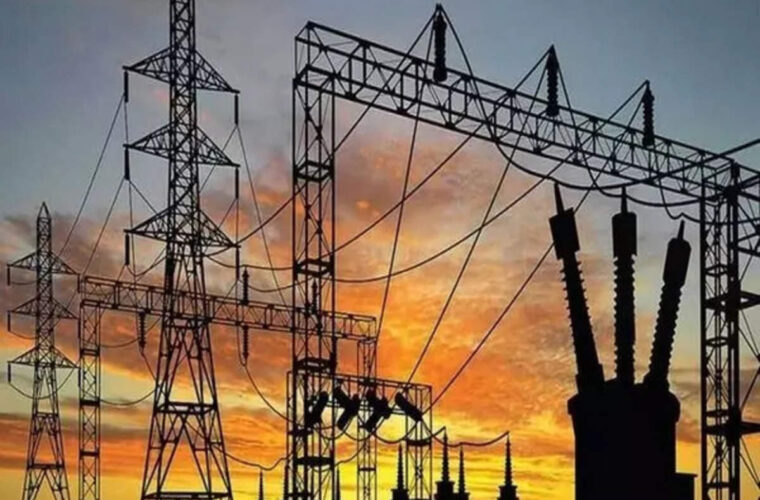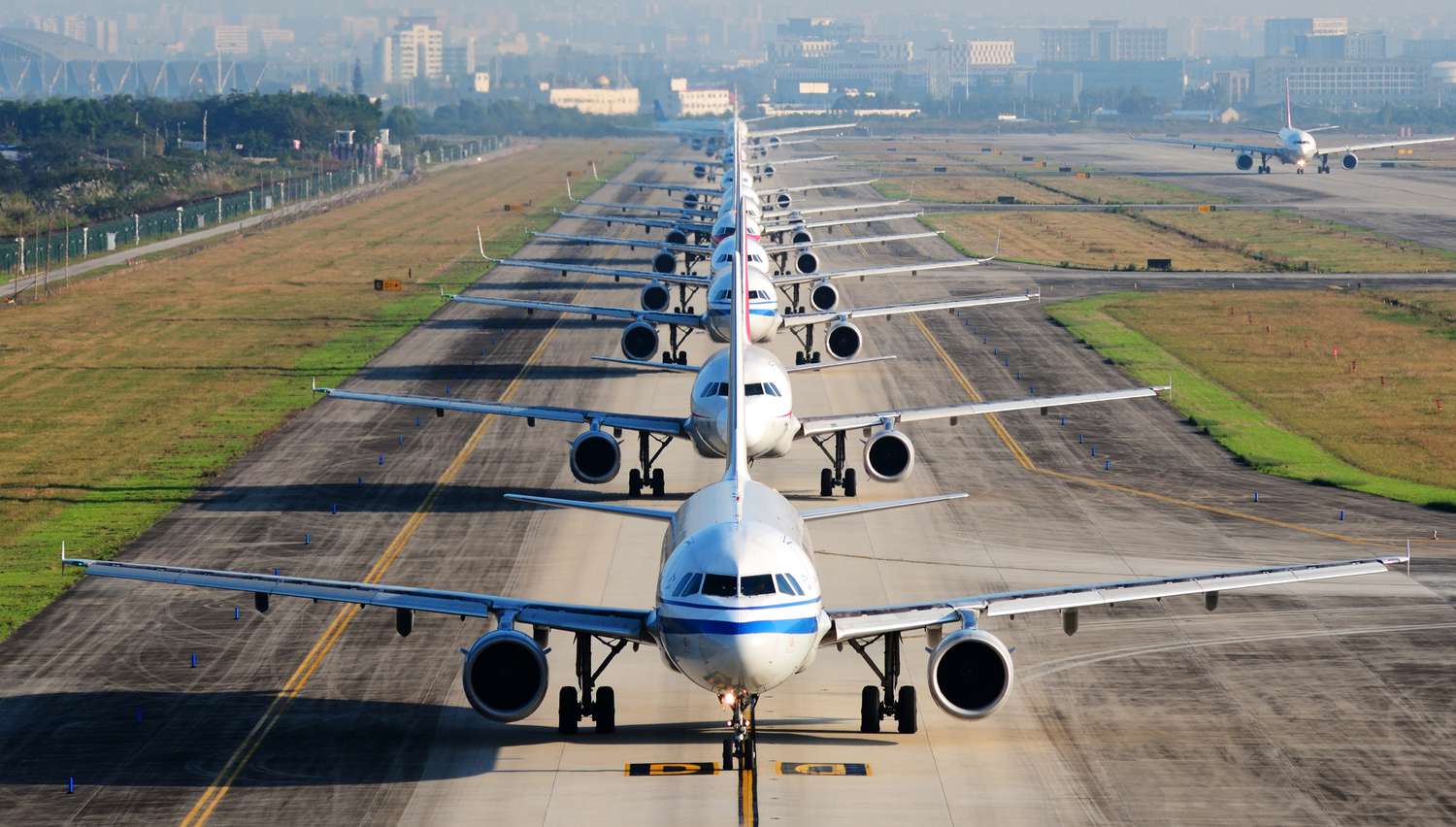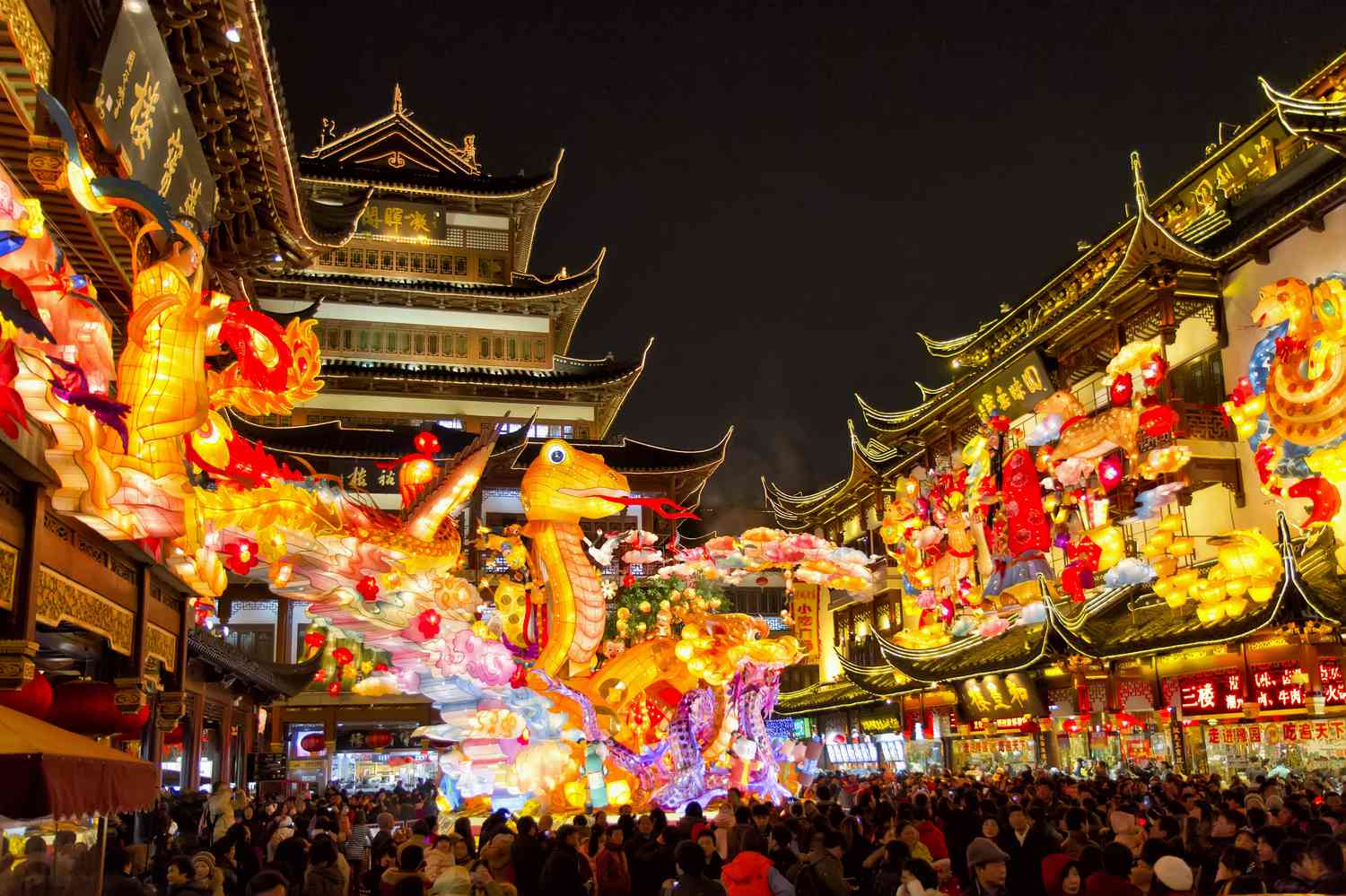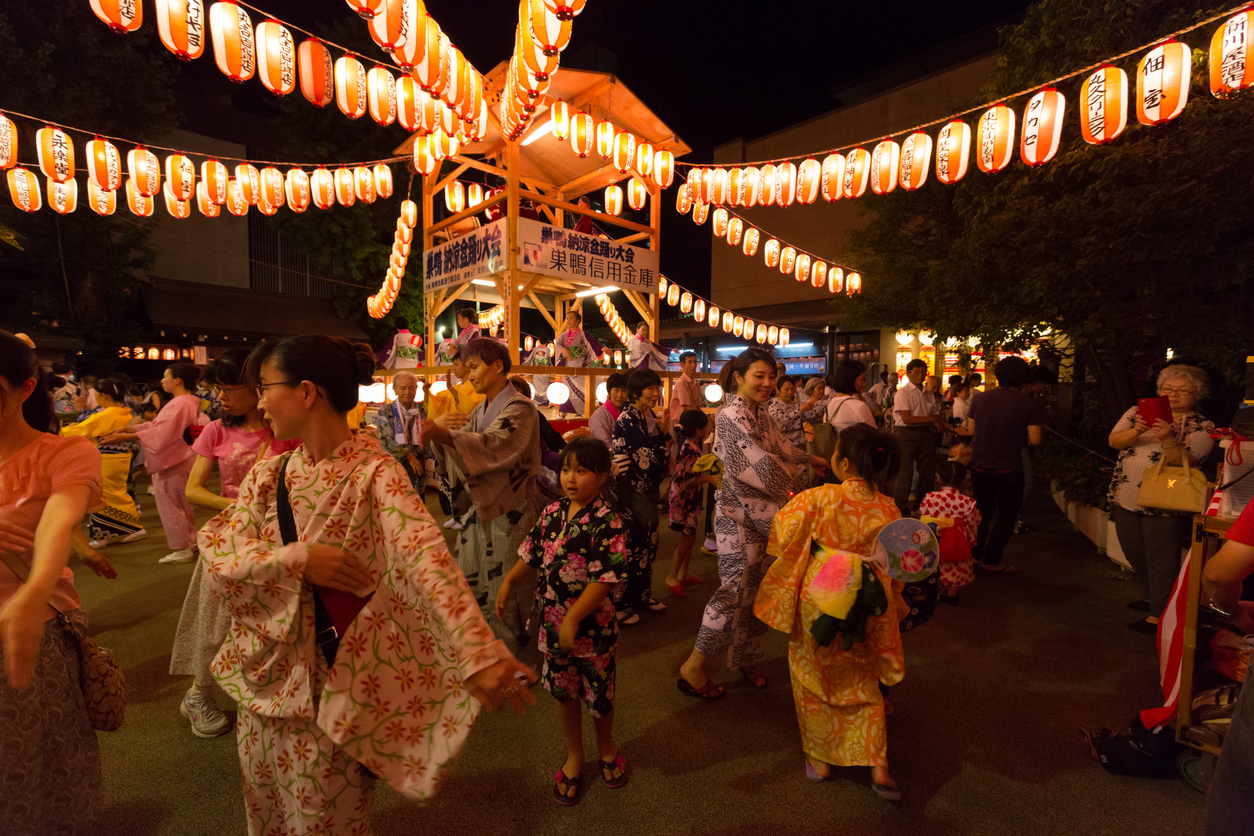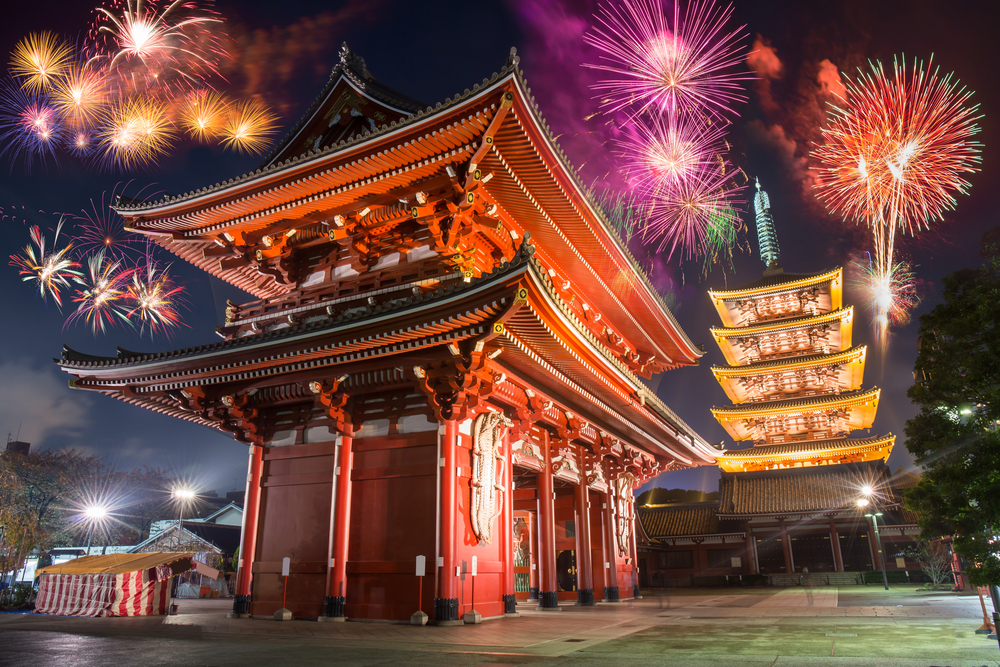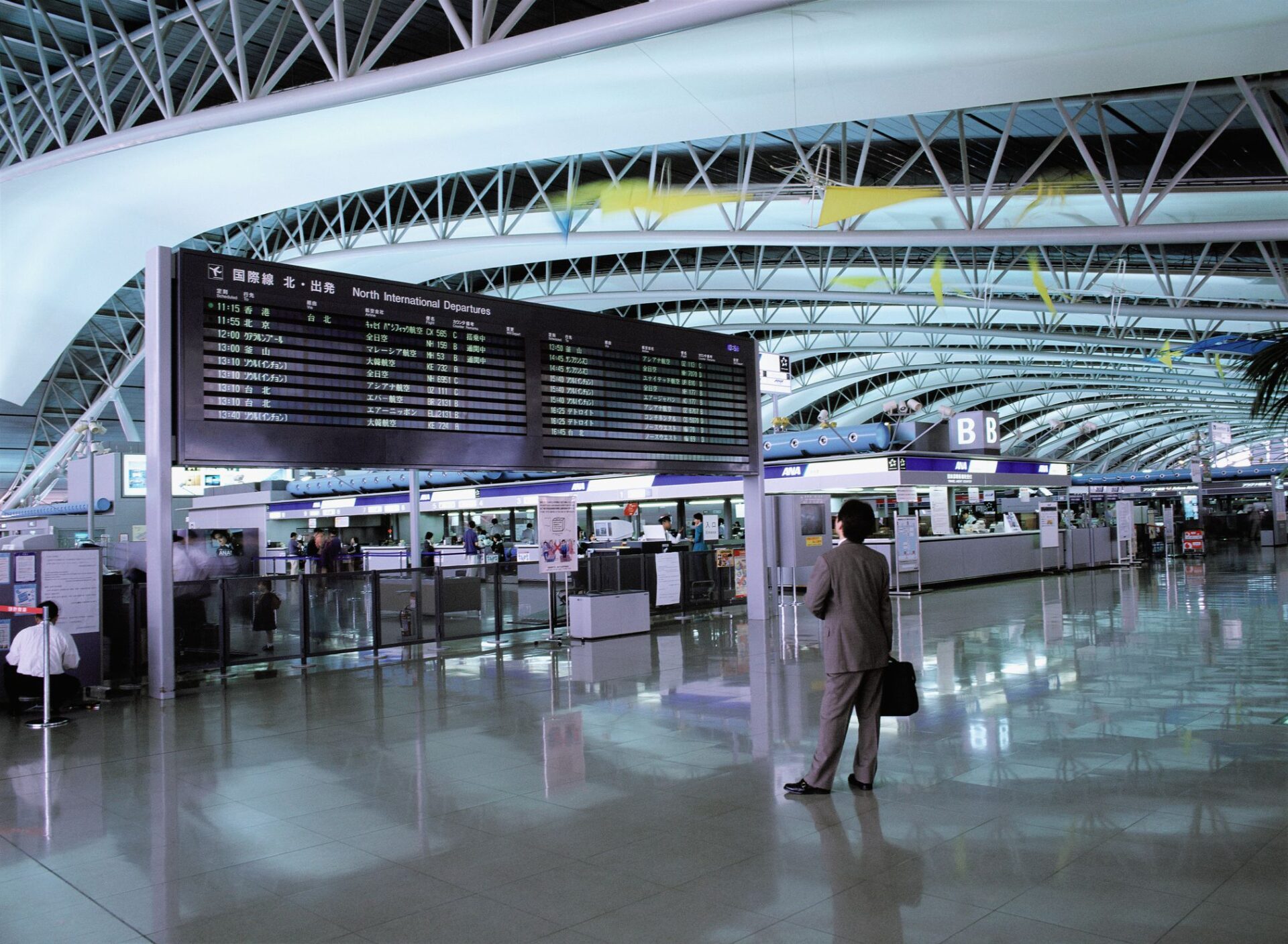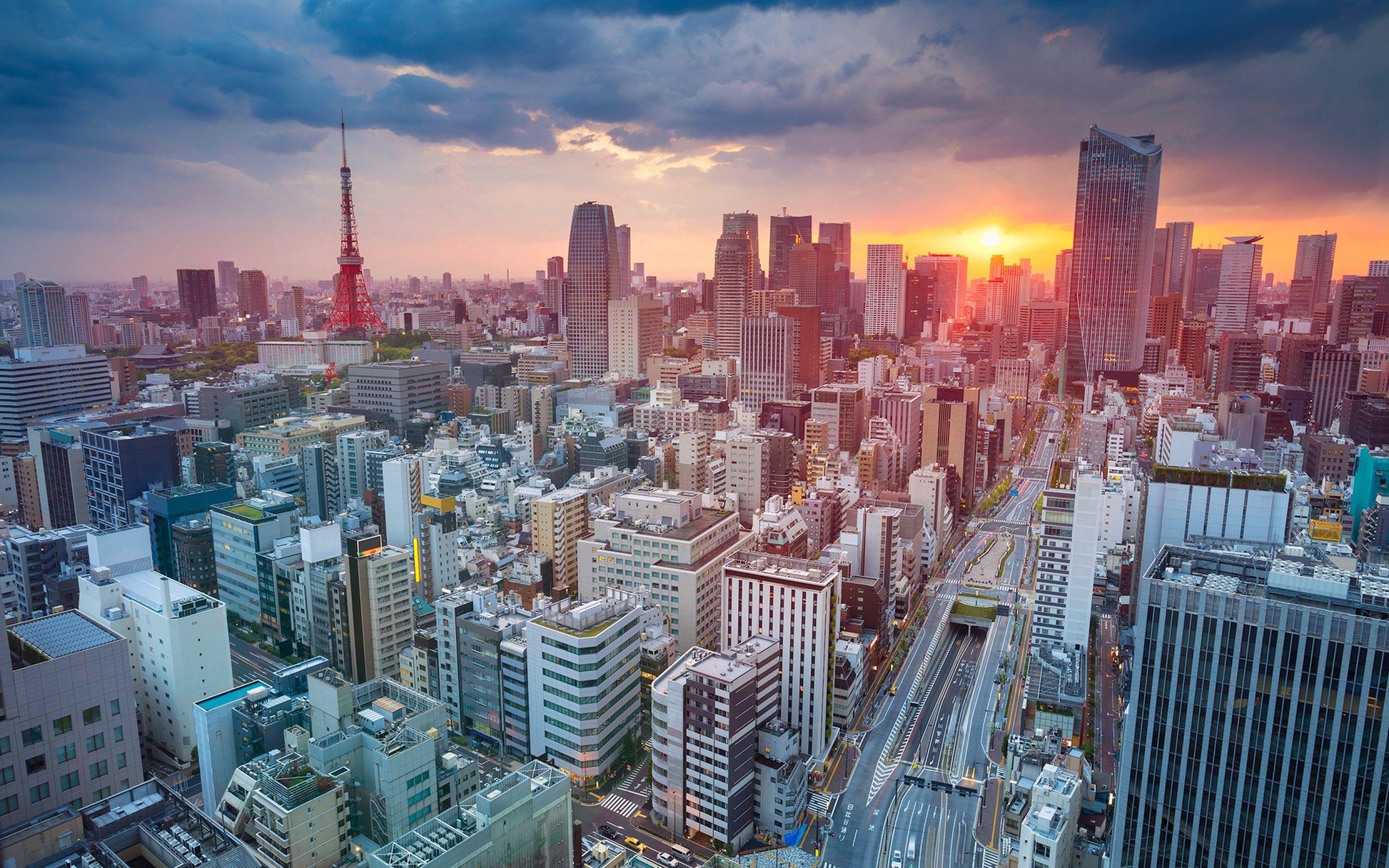Win a Free Trip to Japan!
Experience cherry blossoms and ancient temples
Planning a trip to Japan but wondering why are flights to Japan so expensive? Many factors contribute to the high cost of airfare. From rising fuel costs and fluctuating exchange rates to the operational expenses borne by airlines, these elements make flights costly. Additionally, seasonal demand peaks and limited seat availability amplify the prices. Airport taxes and geopolitical events further impact the final ticket price. Understanding these factors can help you navigate the complexities of airfare pricing and perhaps find ways to secure a more affordable ticket for your journey to the Land of the Rising Sun.
Factors Influencing Flight Pricing to Japan
Understanding why flights to Japan are so expensive requires examining several contributing factors. Various elements impact airfare, making trips to this beautiful destination costly.
Key Factors Influencing Flight Pricing to Japan:
Fuel Costs:
- Jet fuel prices fluctuate, heavily impacting airline operating costs.
- Airlines adjust ticket prices to cover increased fuel expenditures.
Seasonal Demand:
- Popular travel seasons, such as cherry blossom viewing in spring and the autumn foliage, see a surge in tourist demand.
- Airlines increase fares during these peak periods due to higher demand.
Seat Availability:
- Limited seats on flights lead to higher prices.
- Early bookings typically offer lower prices, while last-minute seats tend to be pricier.
Airport Taxes and Fees:
- Japanese airports levy significant taxes and fees that get passed on to travelers.
- These additional costs contribute to higher overall ticket prices.
Exchange Rates:
- Currency exchange rates impact international travel expenses.
- When the Japanese yen strengthens against other currencies, flights become more expensive for foreign travelers.
Operational Costs:
- Operating flights over long distances, such as those to Japan, incur greater costs.
- Maintenance, staff salaries, and in-flight services also contribute to ticket pricing.
Example Comparison Table:
| Factor | Impact on Price |
|---|---|
| Fuel Costs | High |
| Seasonal Demand | Variable |
| Seat Availability | High |
| Airport Taxes & Fees | Significant |
| Exchange Rates | Variable |
| Operational Costs | High |
By understanding these key factors, travelers gain insight into why flights to Japan are so expensive. Awareness allows for better planning and potentially more economical travel decisions.
Fuel Costs and Their Impact on Airfare
When exploring why are flights to Japan so expensive, one cannot overlook the significant role that fuel costs play in determining airfare. Aviation fuel, known as Jet A-1, is a major component of an airline’s operating expenses. Here’s a closer look at why high fuel costs lead to expensive flights to Japan:
Fluctuating Oil Prices: Global oil prices are notoriously volatile, driven by geopolitical events, natural disasters, and changes in supply and demand. These fluctuations directly impact jet fuel prices, leading to increased operational costs for airlines.
Long-haul Flights: The distance between major international hubs and Japan necessitates long-haul flights. More extended distances mean higher fuel consumption, and thus higher costs. The longer a plane is in the air, the more significant the fuel expense becomes, which gets passed on to passengers.
Refueling Hubs: Not all flights can travel directly to Japan without stopping. The need for refueling at intermediary airports can further increase the total fuel cost, impacting the final airfare.
Environmental Regulations: Stricter environmental policies require airlines to use cleaner, but often more expensive, fuel options. Compliance with these regulations raises operational costs, which airlines recoup through higher ticket prices.
To sum up, high fuel costs due to various economic and regulatory factors significantly impact why flights to Japan are so expensive. Airlines must cover these costs while maintaining profitability, resulting in elevated ticket prices for passengers.
Seasonal Demand Peaks
When questioning why are flights to Japan so expensive, one must consider the impact of seasonal demand peaks. Japan, with its unique blend of cultural attractions and natural beauty, attracts countless tourists during specific times of the year, causing airfare to skyrocket.
High-Demand Seasons
- Cherry Blossom Season (March-April)
- Tourists flock to Japan to witness the breathtaking cherry blossoms, leading to high demand for flights.
- Golden Week (Late April-Early May)
- A cluster of national holidays in Japan forces domestic and international travel to surge.
- Summer Festivals and Obon (July-August)
- Traditional festivals and the Obon season, a time for families to reunite, result in an influx of travelers.
- New Year Holidays (Late December-Early January)
- Celebrations and family gatherings during New Year create another peak in travel demand.
Comparison of Off-Peak vs. Peak Season Airfares
| Season | Typical Fare (Economy Class) | Notes |
|---|---|---|
| Off-Peak | $600 – $900 | Less crowded, potential for lower hotel prices. |
| Peak Season | $1,200 – $2,000+ | Higher demand leads to higher airfares and hotel rates. |
Effects of Seasonal Peaks
- Ticket Prices: Airlines capitalize on the increased demand by raising ticket prices.
- Limited Availability: Flights tend to fill up faster, leaving fewer seats and sometimes necessitating more expensive last-minute purchases.
- Advance Booking: Travelers need to book well in advance to secure better rates during these high-demand periods.
In essence, the timing of your travel significantly affects why flights to Japan are so expensive. Planning ahead can make a substantial difference in your airfare costs.
Limited Seat Availability and Its Effects
One significant factor explaining why flights to Japan are so expensive is limited seat availability. Airlines often calibrate the number of seats available based on demand forecasts and route profitability. When seat capacity is low, airfare tends to rise due to the basic principles of supply and demand.
Impacts of Limited Seat Availability:
- Higher Prices: Fewer available seats result in increased competition among travelers, thus driving up ticket prices.
- Reduced Bargain Opportunities: Airlines prioritize filling their limited seats with high-paying customers, reducing promo deals.
- Advance Booking Requirements: To secure a spot, travelers need to book well in advance, often incurring higher costs.
Comparison of Seat Availability:
| Airline | Seat Capacity (High/Low) | Average Fare to Japan |
|---|---|---|
| Airline A | Low | Expensive |
| Airline B | High | Moderate |
Moreover, limited seat availability can exacerbate seasonal price fluctuations. During peak travel periods, such as cherry blossom season or Golden Week, the number of seats becomes an even scarcer resource. Consequently, if you’re wondering why are flights to Japan so expensive around these times, reduced seat availability plays a pivotal role.
In summary, airline strategies and market dynamics contribute to limited seat availability, leading to heightened airfares. This scarcity effect underscores the importance of planning and booking flights well ahead of time, especially for popular destinations like Japan.
Airport Taxes and Fees in Japan
One of the key reasons why flights to Japan are so expensive is the high airport taxes and fees imposed in the country. These costs significantly impact the final ticket price for travelers. Let’s break down the primary components of these fees:
- Landing Fees: Airlines pay these fees based on the weight of the aircraft. Heavier planes, which are typical for long-haul international flights, incur higher charges.
- Passenger Service Charges: Airports levy these fees to cover the cost of facilities and services offered to passengers, such as lounges, security, and baggage handling.
- Fuel Charges: Some airports include additional fees to cover fuel usage, especially in cases where fuel costs fluctuate.
In Japan, airports like Narita and Haneda, which handle a major portion of international flights, impose relatively high taxes compared to other destinations.
Comparison of Airport Taxes (in USD):
| Airport | Landing Fees | Passenger Service Charges | Additional Fees |
|---|---|---|---|
| Narita, Japan | $800 | $35 | $10 |
| Haneda, Japan | $750 | $33 | $12 |
| LAX, USA | $600 | $30 | $5 |
| Heathrow, UK | $720 | $40 | $8 |
Key Points:
- Higher Taxes: Significant contributor to why flights to Japan are so expensive.
- Aggregated Costs: Multiple small fees add up, making a noticeable difference in ticket pricing.
- Global Comparison: Japanese airports rank higher in terms of tax expenses.
In conclusion, understanding airport taxes and fees helps clarify why flights to Japan are so expensive. These charges accumulate, making Japan one of the pricier but undoubtedly fascinating destinations to fly to.
Exchange Rates and Air Travel Costs
Understanding why are flights to Japan so expensive requires a closer look at exchange rates and their impact on air travel costs. Exchange rates, which fluctuate regularly, can significantly influence the cost of international flights.
Here’s a breakdown of how exchange rates affect airfare to Japan:
- Currency Fluctuations: When the value of your home currency depreciates against the Japanese yen, it makes ticket prices more expensive. Conversely, if your home currency strengthens, the cost of flights may decrease.
- Airline Pricing Strategies: Airlines often adjust their pricing based on current exchange rates to cover potential losses from currency conversion. This can lead to higher ticket costs during periods of unfavorable exchange rates.
- Operational Costs: Airlines incur various operational expenses, including fuel, maintenance, and crew wages, which they often pay in US dollars but convert for international operations. When the yen is strong, airlines might pass these increased costs onto passengers.
Comparison of Example Currency Effects on Airfare:
| Home Currency (vs. JPY) | Strong Currency | Weak Currency |
|---|---|---|
| USD | Lower airfares | Higher airfares |
| EUR | Lower airfares | Higher airfares |
| GBP | Lower airfares | Higher airfares |
Therefore, exchange rates play a crucial role in determining why are flights to Japan so expensive. Travelers need to monitor these rates closely and, if possible, purchase tickets when their home currency is strong relative to the yen. This strategy can help mitigate higher air travel costs associated with currency fluctuations.
Operational Costs for Airlines Flying to Japan
Understanding operational costs can help explain why flights to Japan are so expensive. Several factors contribute to these costs, making flights to Japan notably pricier compared to other destinations. Here are some key elements:
Aircraft Maintenance: Airlines flying to Japan operate long-haul flights, which require extensive and regular maintenance. This ensures safety and reliability but comes at a high cost.
Crew Salaries: Long-haul flights necessitate larger crews, including pilots and flight attendants, who are often paid at premium rates. These elevated wages contribute significantly to operational expenses.
Fuel Efficiency: Although fuel costs directly impact ticket prices, the efficiency of fuel usage plays a critical role in operational expenses. Modern aircraft with better fuel efficiency help mitigate some costs but still require substantial investment.
In-Flight Services: Offering quality in-flight services, such as meals, entertainment, and amenities, increases operational costs. Passengers expect higher standards on long flights, and airlines must meet these demands to stay competitive.
Landing Fees: Japanese airports impose landing and handling fees, which can be quite expensive. These fees vary based on the airport and the time of landing, adding another layer to operational costs.
Comparison Table: Operating Costs Breakdown
| Cost Aspect | Example | Impact on Airfare |
|---|---|---|
| Aircraft Maintenance | Regular checks and repairs | High |
| Crew Salaries | Wages for pilots/crew | Medium |
| Fuel Efficiency | Fuel consumption rates | High |
| In-Flight Services | Amenities provided | Medium |
| Landing Fees | Japanese airport fees | High |
Thus, the combination of these factors underscores why are flights to Japan so expensive. Airlines have to balance maintaining high standards of service and safety while managing considerable operational costs.
Geopolitical Events and Their Influence on Airfare
Understanding why flights to Japan are so expensive necessitates examining the broader geopolitical landscape. Geopolitical events can have a significant influence on airfare, adding another layer of complexity to flight pricing.
Key Geopolitical Factors:
Political Instability: Countries experiencing political unrest often see increased fuel prices and insurance premiums for airlines, which in turn raises ticket prices.
Trade Policies: Trade agreements and tariffs can affect the cost of goods and services, including airline operations. Airlines might have to adjust ticket prices according to new trade regulations or tariffs imposed between countries.
Regulations and Airspace Restrictions:
- Airspace Closure: Political tensions can lead to airspace closures, forcing airlines to reroute flights, thereby increasing fuel consumption and flight times.
- Safety Regulations: Enhanced safety regulations due to geopolitical tensions can force airlines to invest in additional security measures, further contributing to higher costs.
Comparative Influence:
| Factor | Impact on Airfare | Description |
|---|---|---|
| Political Instability | High | Leads to increased fuel prices and insurance premiums |
| Trade Policies | Medium | Affects operational costs due to tariffs and trade regulations |
| Airspace Restrictions | High | Results in longer flight routes and additional fuel consumption |
| Safety Regulations | Medium | Increases operational costs due to enhanced security measures |
Geopolitical events may vary in their impact and timing, making it challenging to predict costs accurately. However, these factors undeniably contribute to the overarching question of why flights to Japan are so expensive. Understanding these influences allows travelers to better grasp the fluctuating nature of airfare.
Flight Duration and Its Contribution to Price
When exploring why flights to Japan are so expensive, one crucial factor is the flight duration. Japan is geographically distant from many popular departure points, particularly North America and Europe. This long-distance travel significantly impacts airfare pricing due to several reasons:
- Increased Fuel Consumption: Longer flights require more fuel. Fuel costs already constitute a significant portion of an airline’s operational expenses, and extended flight times exacerbate these costs.
- Crew Wages: Extended flight durations mean that flight crews work longer hours. Airlines must compensate these crews adequately, with extended flights often requiring special allowances or additional crew members.
- Aircraft Wear and Tear: Long-haul flights contribute to quicker wear and tear on the aircraft. Airlines need to factor in maintenance costs, which are higher for planes that endure more extended operations.
- Passenger Services: Airlines must supply meals, in-flight entertainment, and other amenities for longer periods. These added services incur higher costs.
Consider the following comparison to illustrate the impact of flight duration:
| Route | Approx. Flight Duration | Average Cost |
|---|---|---|
| Los Angeles to Tokyo | ~11 hours | $800 – $1,200 |
| New York to Tokyo | ~14 hours | $900 – $1,500 |
| London to Tokyo | ~12 hours | $1,000 – $1,600 |
| Sydney to Tokyo | ~10 hours | $800 – $1,300 |
Despite efforts to optimize routes and fuel efficiency, the sheer distance involved makes these flights more costly. Thus, the extended duration of flights to Japan remains a significant contributor to why flights to Japan are so expensive.
Frequently Asked Questions
Why have flights to Japan become more expensive recently?
Flights to Japan have seen a rise in prices due to several factors. One major reason is the increased demand as travel restrictions ease and more people are eager to visit Japan. Additionally, fluctuating fuel prices and limited airline capacity contribute to higher ticket costs. The global economic situation and inflation also play a role in the increased airfare prices to Japan.
How does the time of year affect the cost of flights to Japan?
The time of year significantly impacts the cost of flights to Japan. Peak travel seasons, such as cherry blossom season in spring and the holiday season around New Year’s, see a surge in airfare prices due to high demand. Conversely, flying during off-peak times, such as late autumn or winter (excluding New Year), can result in lower ticket prices as there is less demand during these periods.
Are there ways to find cheaper flights to Japan?
Yes, there are several strategies to find cheaper flights to Japan. Booking well in advance or taking advantage of last-minute deals can sometimes lead to significant discounts. Using flight comparison websites, setting up fare alerts, and being flexible with travel dates and airports can also help in securing better deals. Additionally, considering alternative routes with layovers might present cheaper options compared to direct flights.
Do different airlines have varying ticket prices for flights to Japan?
Absolutely, different airlines have varying ticket prices for flights to Japan. Full-service airlines typically charge more than budget carriers due to the range of amenities and services they offer. However, budget airlines may add extra fees for luggage, seat selection, and in-flight meals, which can add up. It’s essential to compare the total cost, including all potential fees, when evaluating different airlines.
What impact does airline competition have on flight prices to Japan?
Airline competition can significantly impact flight prices to Japan. In regions where multiple airlines operate the same route, there is often more competitive pricing, which can lead to lower fares for consumers. However, on less competitive routes with fewer airlines, ticket prices tend to be higher. Additionally, the entry or exit of an airline from a particular route can cause fluctuations in prices as the market adjusts to the change in competition.


